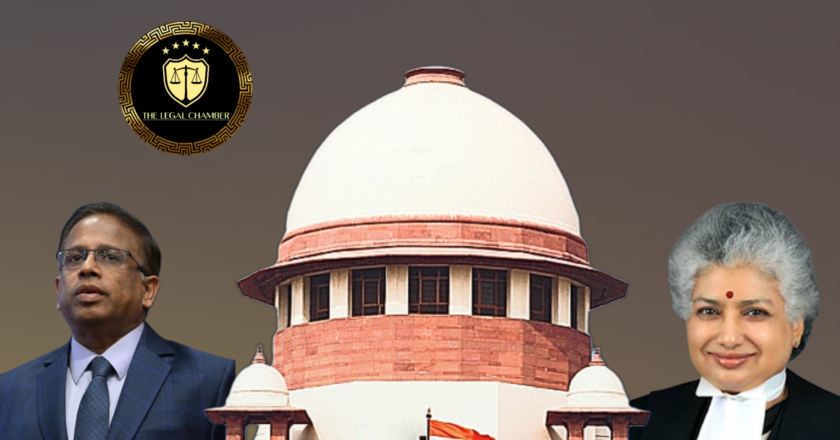Supreme Court Shields Daughters-in-Law from Criminal Case Over Property Will
The Supreme Court quashed criminal proceedings under Sections 419, 420, 467, 468, and 471 IPC, ruling the allegations did not prima facie constitute the alleged offences. Relying on Bhajan Lal, it held that criminal process cannot be used to settle civil disputes, as it amounts to an abuse of the court's process.
Facts Of The Case:
A testator, Shri Ram Baksh Dubey, executed an unregistered will in 1993 bequeathing his property to his four daughters-in-law, apprehensive that his third son, Ashish Kumar, would squander the estate. After the testator’s death in 1994, Ashish Kumar sold his purported share to the complainant, Balram, via a registered sale deed. The daughters-in-law, unaware of this sale, successfully obtained a mutation order in their favor based on the will. When Balram inte...

